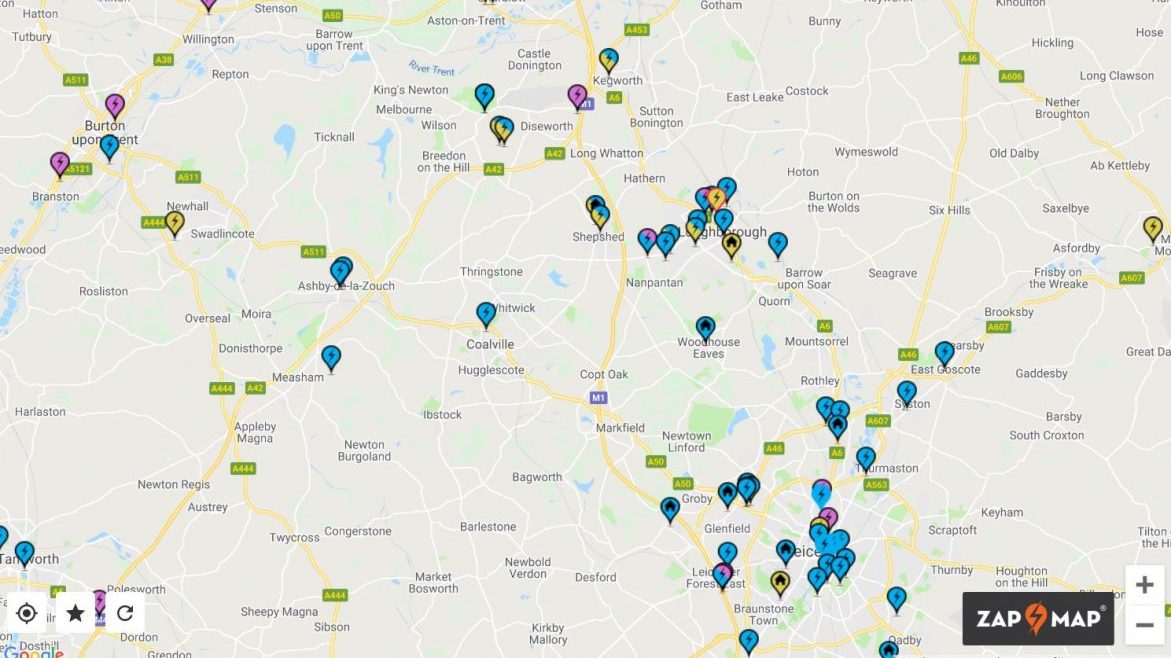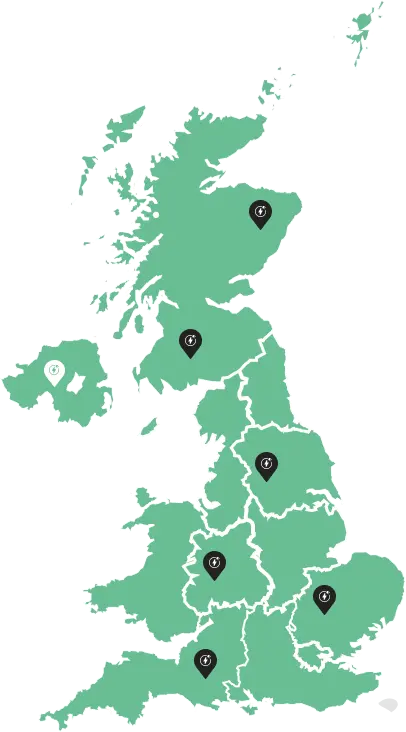Congratulations on deciding to buy or lease your very first electric vehicle. Read our “must do” tips to help you avoid some of the mistakes people commonly make when switching from fuel to electric vehicles.
Whilst you may still be deciding what make and model to choose, we recognize that driving an electric vehicle is a completely different mindset to driving a traditional petrol or diesel vehicle.
You are about to embark on charging your car as opposed to refilling it. And depending on what car you choose, and where your charge it, your charging time and cost will vary.
Car manufacturers have invested a huge amount of time, effort and money to improve their electric fleet and deliver the performance we expect from a traditional petrol or diesel vehicle. Most manufacturers have also managed to reach ‘sensible’ distances from a fully charged battery, and whilst still has room for improvement, the technology surrounding charge times is the biggest thing you will need to head around.
We have put together a short guide to help prepare you for this all important change in mindset.
Know your daily mileage
Knowing your average daily mileage is perhaps the most important thing you can do before buying or leasing your first electric vehicle.
With all of the controversy surrounding the manufacturers not being accurate about their vehicles CO2 emissions and more recently their MPG (miles per gallon) figures, it’s encouraging to hear that all car manufacturers are being heavily regulated to produce realistic ‘nonimal ranges’ for their EV fleets which allows you be more confident about choosing the best vehicle for you.
You might be surprised to learn that the average journey time for vehicles in the UK is actually less than 15 minutes, so for most of us a vehicle with a modest distance on a full charge would be perfectly adequate.
However, if you have an 80 mile commute each way to and from work, and your workplace has no provisions for EV charging, then you should look to consider an electric vehicle that has sufficient distance capacity to cover your journey, or make allowances to your journey to charge the vehicle on route.
Locate public charging stations
Charging your electric vehicle at home is by far the best options for EV drivers, however, if you are unable to charge your electric vehicle at home, then it is vital that you investigate and locate all of the available public charging stations that offer electric vehicle charge points in your surrounding areas.
All UK public charge points are available on Zap Map, so simply download their app or check their website you can easily find thousands of available charging points all around the UK.
Do be mindful that charge times can vary depending on the type of charger that you are using. Most service stations offer rapid charging, allowing you to charge your electric vehicle to 90% within 30 minutes. Other public charge points located in car parks and public places can vary, and can they can occasionally be occupied when you get there, so it’s always worthwhile trying to find back up EV charge points.
Plan for home charging
It is highly important to understand your options for charging your electric vehicle at home. There are grant schemes available for those who are eligible and there are a choice of different types of units and offers that range from free to £2,000 – so it’s important that you understand how to make sure you make the right choice for you.O
Our most important advice is to make sure you thoroughly understand what you are getting for your money. Do not to fall into the common trap of taking free charge points that will cost you more money in the long run than what it would do to buy and install a unit, because you are paying a committed usage tariff. The devil is always in the detail.
Optimise your utility tariff
We accept that charging your electric vehicle is significantly more cost effective than refueling your vehicle with petrol or diesel. However, charging your vehicle at home will result in a rise in your electricity consumption which can grant you the opportunity to look at different types of tariffs to reduce your cost per kilo watt hour.
Some providers offer better off-peak tariffs, if you are likely to be charging your vehicle overnight or during the middle of the day, so speaking you with your energy provider can help you reduce your costs even further, so don’t be afraid to get in touch with them.
Contact Electric Car Chargers UK for free and impartial help and advice:
Call us on 0208 004 6487 if you would like to talk to a member of our team, or email [email protected]


